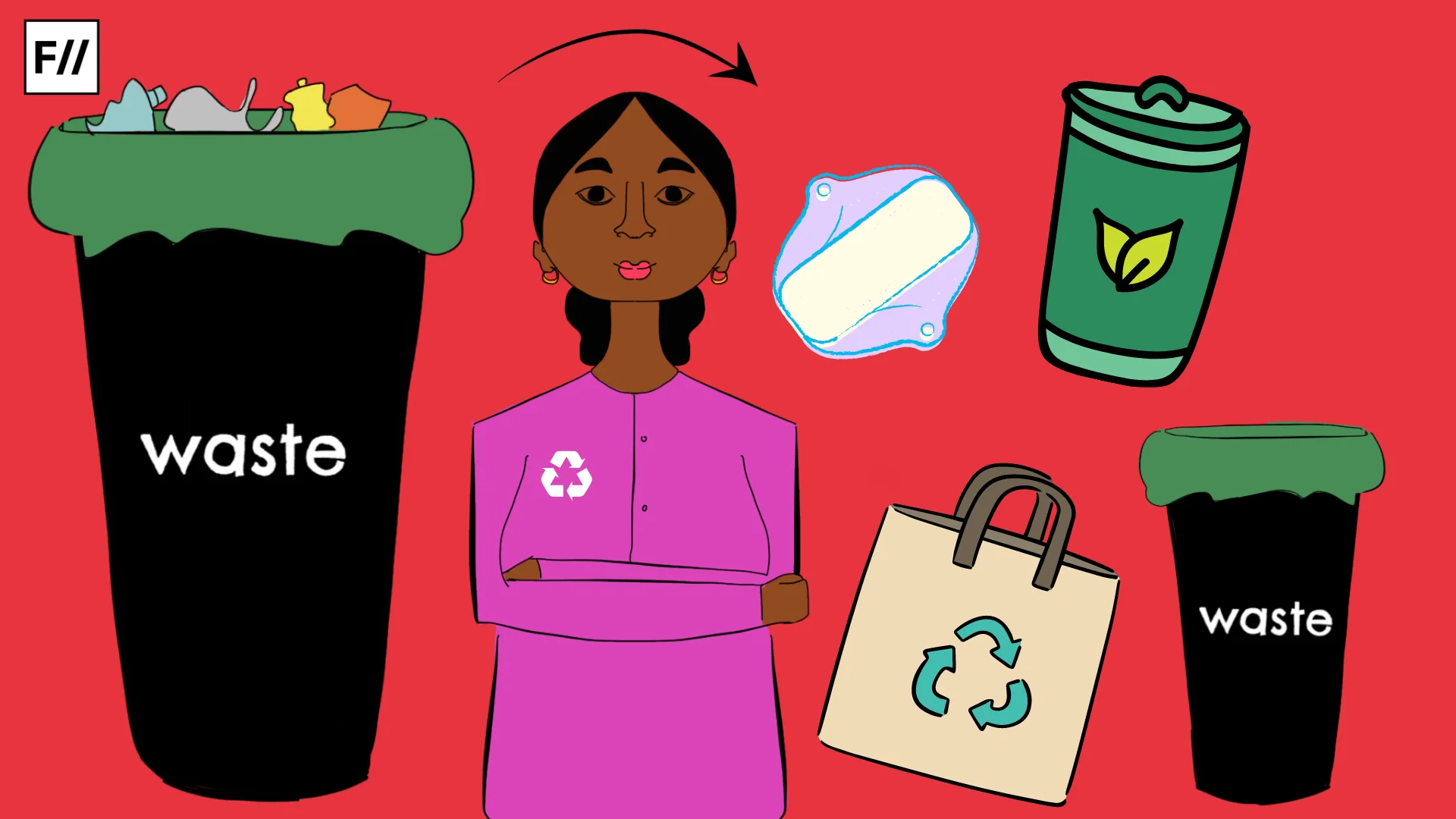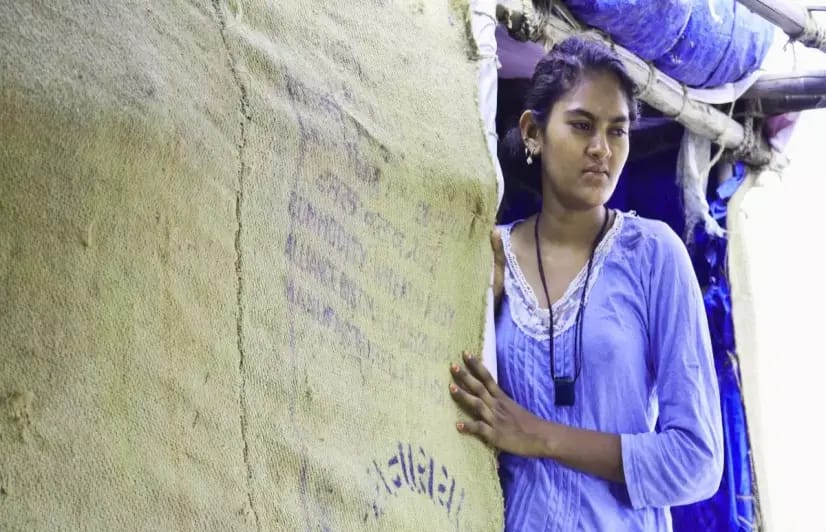As the first lockdown was announced on 25th March 2020 in India, one of the thoughts that had crossed our minds as menstruating women was about procuring menstrual products like sanitary pads. These had not been classified as essential products whose production should be expected to continue during the lockdown period, and as such, it had created a crisis. We too found ourselves discussing how we should stock up on sanitary pads.
While the rich could stockpile, the poor faced shortage. In fact, for many girls who attend government schools, their access to sanitary pads also stopped once schools were closed down. These government schools distribute free pads to girls under schemes to promote menstrual hygiene.
Also read: It Is Not On Menstruators Alone: India Has A Long Road Ahead To Sustainable Menstruation
The government did rectify the mistake, adding sanitary pads to the list of essential goods and services on 30th March 2020, indicating that the production should continue during the lockdown that was extended. But schools still continue to remain shut as India was reeling under the second wave of COVID-19 and is now facing the inevitability of the third wave. And the question too still remains – why do we not talk more about the concerns of menstruating people, which would have only increased during or brought about by the pandemic? Why did the government forget to include menstrual hygiene goods in its list of essentials the first time?
Why do we not talk more about the concerns of menstruating people, which would have only increased during or brought about by the pandemic? Why did the government forget to include menstrual hygiene goods in its list of essentials the first time?
This is not a one-off incident. There have been stories and incidents of health workers bleeding in their PPE kits because of a lack of access to both menstrual knowledge and products. Most do not have access to menstrual hygiene products as well as bathrooms, clean and safe water, particularly in semi-urban and rural areas. There are generally no sanitary napkin vending machines in public spaces like airports, railway stations, malls, public toilets, etc. It is challenging to work long hours wearing PPE kits during menstruation.
In fact, it is not just access to products but also other arenas where we keep forgetting when it comes to menstruating people. As vaccination campaigns against the COVID-19 virus have progressed across the world, there have been reports of people talking about the impact of the vaccines on their menstrual cycles. There are reports of how the vaccines are affecting people’s menstrual cycles – irregularity, increase or decrease in flow, rise in cramps and pain, missing periods, etc.
However, it is interesting that when one prepares and goes to get vaccinated, one is warned about possible side effects like fever, headache, nausea, drowsiness, loss of appetite, etc. But nowhere are changes to one’s menstrual cycle mentioned as a possible side-effect. There is complete ignorance and avoidance of the issue with little or no discussions. Even when the vaccines were in the process of being developed, there was not much deliberation on how it may impact one’s period cycles. It is only now that lived experiences are coming to the fore that there is some discussion on the topic.
Even when the vaccines were in the process of being developed, there was not much deliberation on how it may impact one’s period cycles. It is only now that lived experiences are coming to the fore that there is some discussion on the topic.
On the other hand, there were rumors and misinformation spread on social media that one should not get vaccinated during their menstrual cycle, citing low immunity. This can be seen as a consequence of missing discussions and awareness on menstruation and its linkages to the COVID-19 vaccine. Once more, discourse around menstruation was not given enough importance and thus, sidelined during the pandemic.
In fact, this erasure continues even when one catches the COVID-19 virus. As one takes medical advice and move towards recovery, there is an emphasis on the post COVID recovery stage. We have also recently recovered from the virus. We received a lot of advice on how to take care of our health in this phase – to keep checking oxygen levels, sugar, thyroid and so on. But nobody mentioned the menstrual cycle. Even doctors have made no suggestions about keeping a check on periods. There were no tests prescribed with respect to menstrual health in our case.
However, many people continue to suffer from irregular periods after testing negative and being in the recovery phase. What is unfortunate is the complete silence on these discussions in the public sphere. At the same time, there is also a normalisation of it as well as the fact that there can be and will be possible side effects of both the virus and its vaccination.
Also read: Menstruation And Technology: The Changing Course Of Period Conversations
These incidents of forgetting about menstruating people even during a deadly pandemic remind us yet again how we have a long way to go in taking menstrual health seriously. From not prioritising sanitary napkins as essential products at times of crises such as the one we are living right now, to not thinking about how accessible are sanitary napkins at several workplaces, especially in the informal sector, to missing deliberations on the impact of the virus and the vaccine on menstrual health, menstruation continues to be sidelined. It is about time that we mobilise to bring together stakeholders to remove the shroud from over menstruation, destigmatise the natural process and speak more loudly than ever today about the significance of good menstrual health.
Rituparna Patgiri teaches Sociology in Indraprastha College for Women (IPCW), University of Delhi. You can find her on Facebook, Twitter and Instagram.
Ritwika Patgiri is a PhD student in the Faculty of Economics, South Asian University (SAU), New Delhi. You can find her on Facebook and Twitter.
Featured image source: The Guardian




